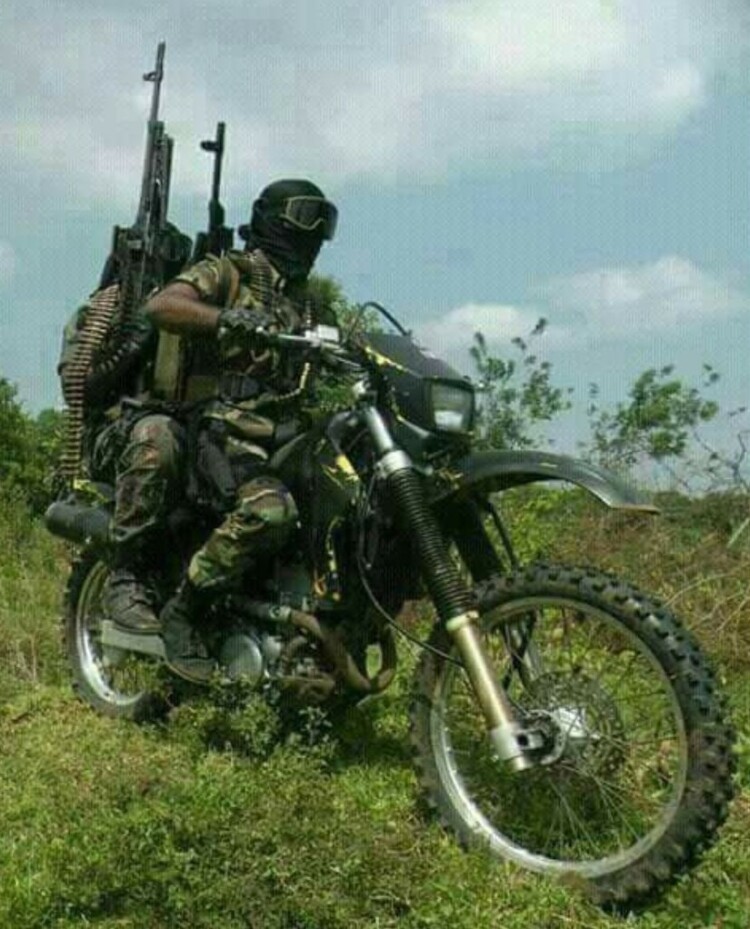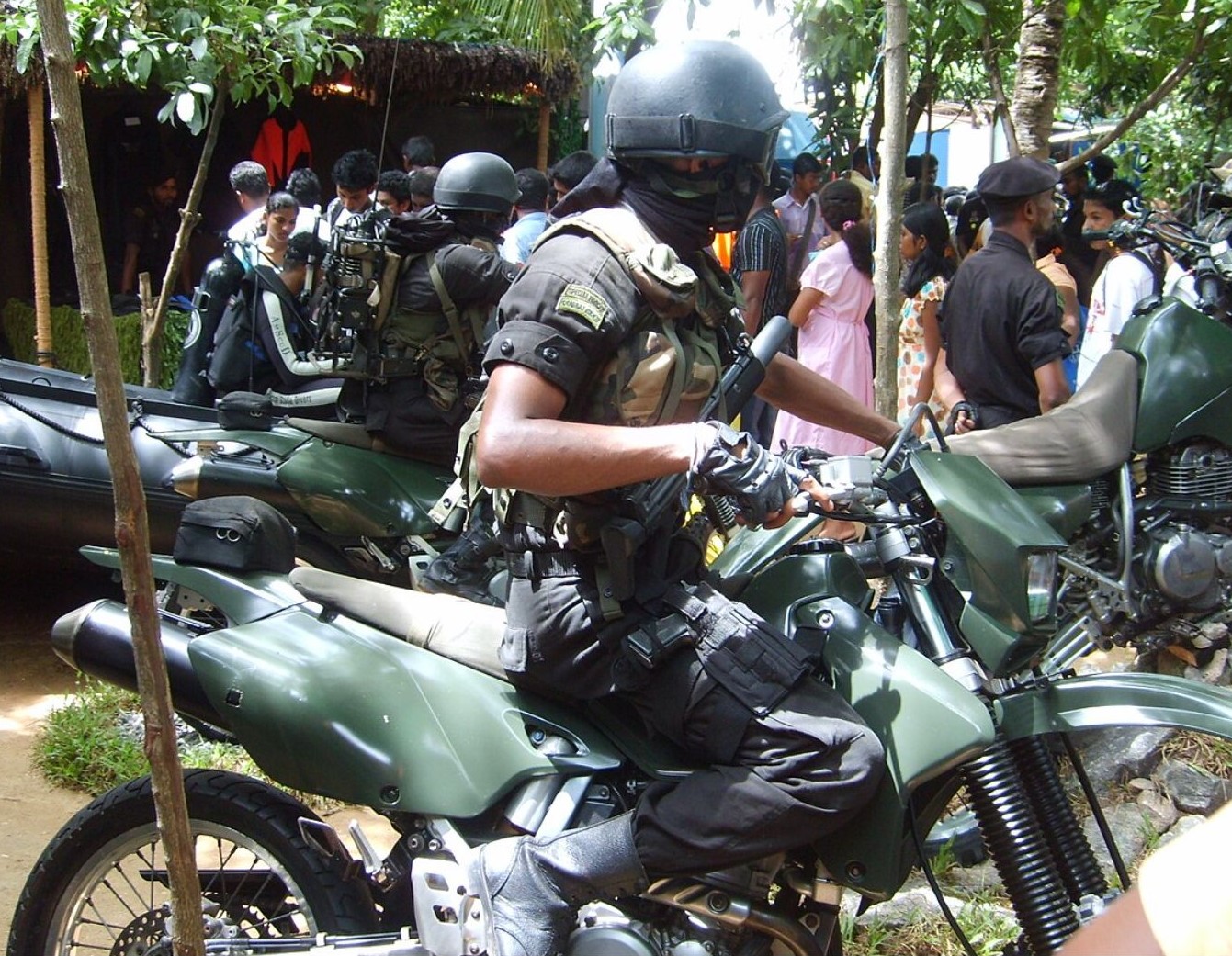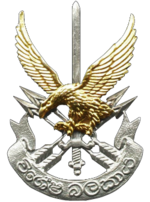The Sri Lankan Special Forces, along with the Commando Regiment, formed the spearhead of many military operations during the civil war and continues to be a cornerstone of Sri Lanka’s defense apparatus.
Pic of the Day: Sri Lanka Special Operations Combat Riders
AI Overview
Summary is AI-generated, newsroom-reviewed.
The article highlights the history and significance of the Sri Lankan Special Forces Regiment, particularly its Combat Rider Unit, which combines motorcycle skills with military operations. Established during the Sri Lankan Civil War, this elite unit has played a crucial role in various military operations and continues to be vital to the country's defense.
Key points from this article:
- The Sri Lankan Special Forces Regiment was formed from the Combat Tracker Team in 1985 and evolved during the Sri Lankan Civil War.
- How the Special Forces Regiment conducted deep penetration missions in LTTE-held territories, gathering intelligence and neutralizing high-value targets.
- Why the Special Forces are significant to Sri Lanka's defense, as they continue to play a pivotal role in military operations with their motto 'Determined, Dared, and Done.'

Captivated by the image of a Sri Lankan Combat Rider, I’m whisked back to childhood dreams of riding dirt bikes and battling foes, only to realize the real-life prowess and history of the Sri Lankan Special Forces Regiment.

What readers are saying
Generating a quick summary of the conversation...
This summary is AI-generated. AI can make mistakes and this summary is not a replacement for reading the comments.











COMMENTS